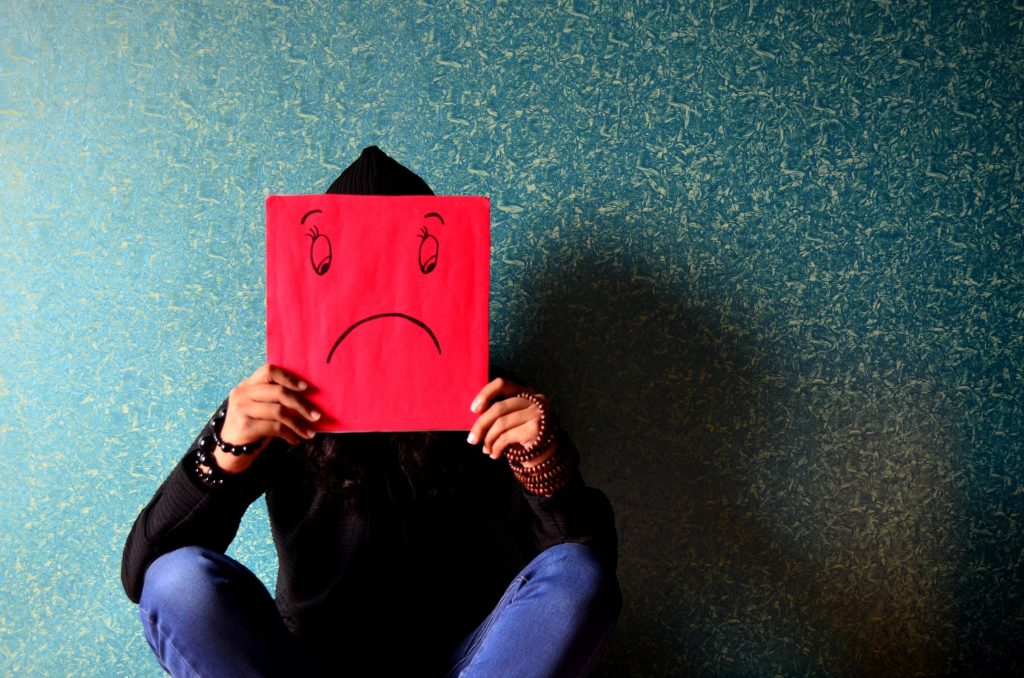This post is also available in Dutch .
Up to 30% of people with depression do not adequately respond to our current treatments. This is a tremendous problem given the detrimental effects of depression on a person’s well-being and their environment. In the past years, Esketamine—a new drug for depression—has emerged, but is it the solution we have been waiting for?
Conventional antidepressants such as selective serotonin reuptake inhibitors (SSRIs) have been invaluable in treating depression. However, a considerable amount of people are not sufficiently helped by these medications alone, even after repeated trials with varying types and dosages. These people are considered treatment-resistant.
Esketamine, a derivative of the street drug Ketamine, has a different working mechanism in the brain from SSRIs but can also reduce depressive symptoms. Therefore, it’s an interesting addition the current treatment for patients who do not adequately respond yet and may also shine a new light on the neurochemical underpinnings of depression. Furthermore, the onset of Esketamine’s treatment effect is within one day whereas SSRIs often take 4-6 weeks to work.
Esketamine research
The Montgomery-Åsberg Depression Rating Scale (MADRS) is often used to assess a person’s level of depression. People who score higher than 34 are considered severely depressed whereas people who score below 7 are considered symptom-free.
In one well-conducted study on people with treatment-resistant depression who were also taking another antidepressant, the MADRS score in the Esketamine group was, on average, 8 points lower than in the placebo group after 24 hours. Two other studies in comparable patient groups found a 9 point difference on average after 8 days and 4 point difference on average after 28 days between the Esketamine and placebo groups. Esketamine generally had a very strong effect on some individuals, but no effect on others.
Esketamine is considered mostly safe and effective and is tolerated well in combination with other antidepressants. That said, several patients dropped out of the clinical trials due to side-effects such as nausea and dizziness. There may also be a risk of addiction and abuse, although it is considered to be relatively low compared to other commonly prescribed drugs such as Ritalin (methylphenidate) and Adderall (amphetamine).
Moderate optimism
Unfortunately, Esketamine, just as current antidepressants, is not a solution for everyone. It can, however, successfully treat some of the people who were not helped by other antidepressants. Furthermore, given its novel working mechanism in the brain, it may also help our search for even more targets for depression medications. Esketamine, therefore, offers hope that someday the term “treatment-resistant depression” may belong to the past.
Written by Jeroen, edited by Eva and Marisha, translated by Jill and Wessel
